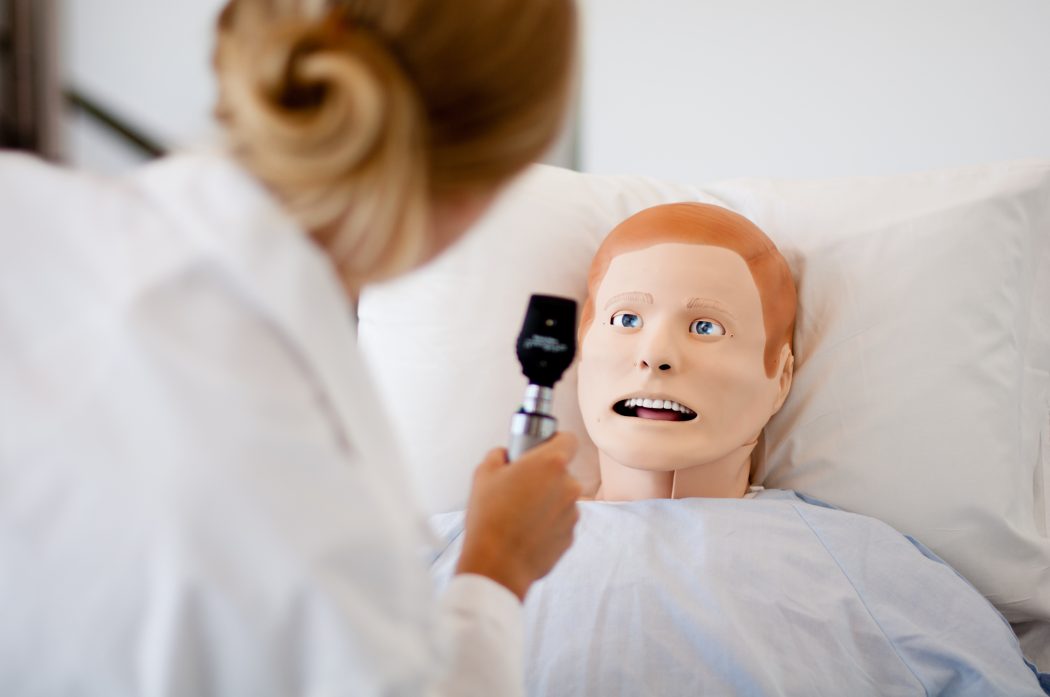Over the past few years, the development of artificial intelligence (AI) has revolutionized many industries, including healthcare. One of the most promising developments in AI technology for healthcare is the creation of chatbots such as ChatGPT. Chatbots like ChatGPT are changing the way healthcare providers interact with patients, improving the accuracy and speed of diagnoses, and reducing healthcare costs. ChatGPT is an AI-powered chatbot that uses natural language processing to understand and respond to human queries. It has been trained on vast amounts of medical data and can assist healthcare professionals in a variety of ways, such as answering questions, providing diagnoses, and offering treatment recommendations.
The implications of ChatGPT in medicine are significant. One of the most important ways that ChatGPT can help is by reducing the workload on doctors and nurses. With the rising demand for healthcare services, there are simply not enough medical professionals to meet the needs of patients. Chatbots like ChatGPT can take on some of the workload by answering common questions, providing basic diagnoses, and scheduling appointments.
Another benefit of ChatGPT is its ability to improve the accuracy of diagnoses. By analyzing large amounts of patient data, ChatGPT can identify patterns that may not be immediately apparent to human doctors. This can lead to earlier and more accurate diagnoses, which can improve patient outcomes and reduce healthcare costs.
ChatGPT can also help patients take a more active role in their healthcare. By providing personalized recommendations and answering questions, ChatGPT can help patients better understand their conditions and treatment options. This can lead to improved adherence to treatment plans and better health outcomes overall.
However, there are also some potential challenges associated with the use of ChatGPT in medicine. One of the main concerns is the potential for errors in diagnosis or treatment recommendations. While ChatGPT has been trained on vast amounts of medical data, there is still the possibility that it may make mistakes or miss important information. It is important for healthcare providers to carefully evaluate the accuracy of ChatGPT’s recommendations and to use it as a tool to complement, rather than replace, human expertise.
Another concern is the potential for privacy breaches or data misuse. ChatGPT’s ability to analyze large amounts of patient data raises important questions about data security and privacy. It is important for healthcare providers to ensure that patient data is kept secure and that patient privacy is protected at all times.
In all, ChatGPT has the potential to revolutionize healthcare by improving the accuracy and speed of diagnoses, reducing healthcare costs, and empowering patients to take a more active role in their healthcare. In fact, it must be highlighted that this article was written in conjunction with ChatGPT. However, it is important for healthcare providers to carefully evaluate the accuracy of ChatGPT’s recommendations and to ensure that patient data is kept secure and private at all times. With careful implementation and evaluation, ChatGPT has the potential to be a powerful tool for improving healthcare outcomes.
Karishma Kothari is a member of University of Arizona College of Medicine Phoenix Class of 2023. She graduated from Arizona State University in 2019 with a major in medical microbiology. In her spare time, she enjoys film, the outdoors, painting, gardening, learning to play instruments, and skateboarding. She welcomes discussions of all topics, especially the odd anecdote.
Email: kkothari@email.arizona.edu


